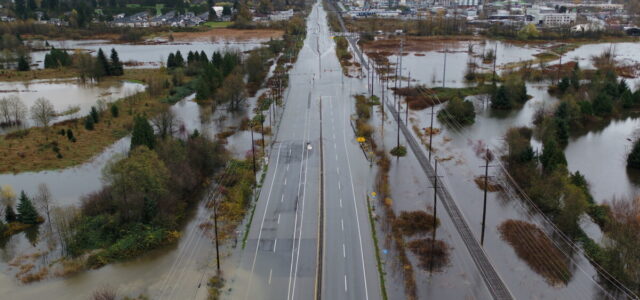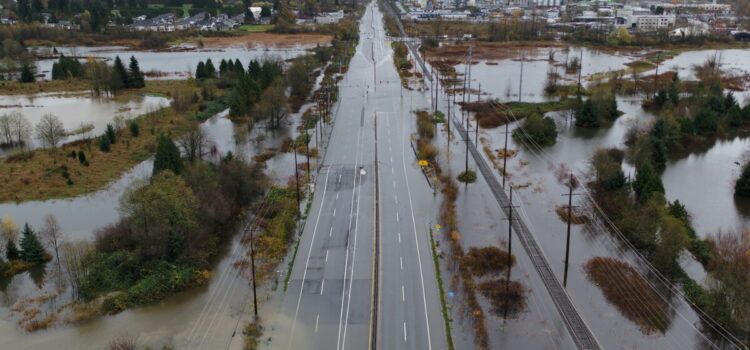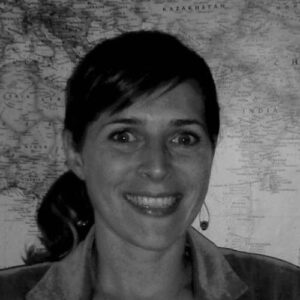

Experts say B.C. floods highlight need for better planning to avoid climate displacement
News Dec 8, 2021 Hansil Mehta

After thousands of people were temporarily displaced from their homes in the aftermath of the B.C. floods, experts are calling for better planning to prepare for future displacement related to climate change.
An expert who studies human displacement caused by climate change says climate scientists have warned of frequent and stronger climate events for almost 30 years.
“Climate change is not a future conditional phenomenon. It is happening now,” Nicole Bates-Eamer, a PhD candidate at the University of Victoria, says.
“If people are in the way of these unmanageable hazards, they need to leave their homes to get out of the way.”
She says people in Canada have a misconception that climate displacement happens only elsewhere in the world.
“It’s happening in Canada now,” Bates-Eamer says. “I’m just always trying to stress that.”
Bates Eamer, who is also a board member at the Climate Displacement Planning Initiatives, says policies already exist on dealing with disaster displacement.
However, she says, climate change makes these weather events more severe and more frequent — and that creates a problem.
Many people in B.C. still remain away from their homes more than two weeks after the first rain storm — caused by what scientists call an atmospheric river — dumped almost three weeks’ worth of rainfall in just a couple of days in some communities.
The region has since experienced a pattern of rainy weather with two more atmospheric rivers in the last week alone.
Mike Bhangu, a Merritt city councillor, says historically, climate change and geographical change have altered civilizations.
“We are in that point in history where we see the Earth changing, the climate changing, and naturally, civilization will change,” Bhangu says. “This is just on a smaller scale…but it has changed us.”
Many Merritt residents including Bhangu evacuated their homes due to the floods. Some of them still remain displaced from their homes.
“It’s very traumatic,” Bhangu says from Kamloops, where he was displaced to at the time of his interview with Skedline. “We’re all over the place right now.”
“There are some that lost everything. There are some that still have a home. So, that trauma ranges,” he says.
The floods are affecting many of the same communities that the wildfires affected earlier in the summer — such as the City of Merritt. Merritt was on evacuation alert in August due to wildfires.
Bates-Eamer says better decisions should be made when developing communities and housing.
“Given what the science is saying about the physical impacts of climate change in terms of extreme weather, storms, wildfires,” Bates-Eamer says. “We certainly can make better decisions around where people are living and knowing what climate change has in store for us.”
Bates-Eamer also says serious consideration should be given to planned relocation of people living in areas that are at increased risk of such events.
“Planned relocations are about working with communities to move people permanently out of harm’s way, essentially,” she says.
Another thing that Bates-Eamer says should be done is evacuating people in advance of storms or floods.
“This is a really difficult thing,” she says. “We need to think really proactively also about people just being aware what the risks are in their neighbourhood and their community.”
Bates-Eamer says the events in B.C. and the displacements caused by them are no different than other climate events and their aftermath around the world.
“We often hear terms like climate refugees or climate migration or climate displacement and we think, you know, millions of people are going to come to Canada,” Bates-Eamer says.
“But also, people don’t move far. They stay with friends and family or they go to reception centres or they’re in hotels.”
Featured image by Ministry of Transportation, B.C.








